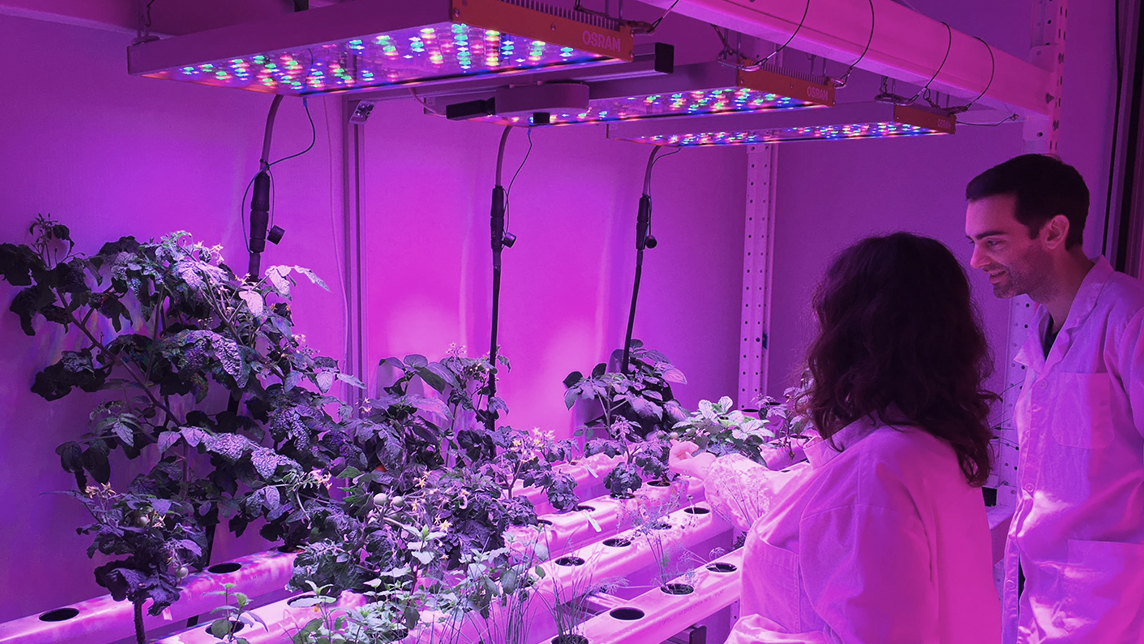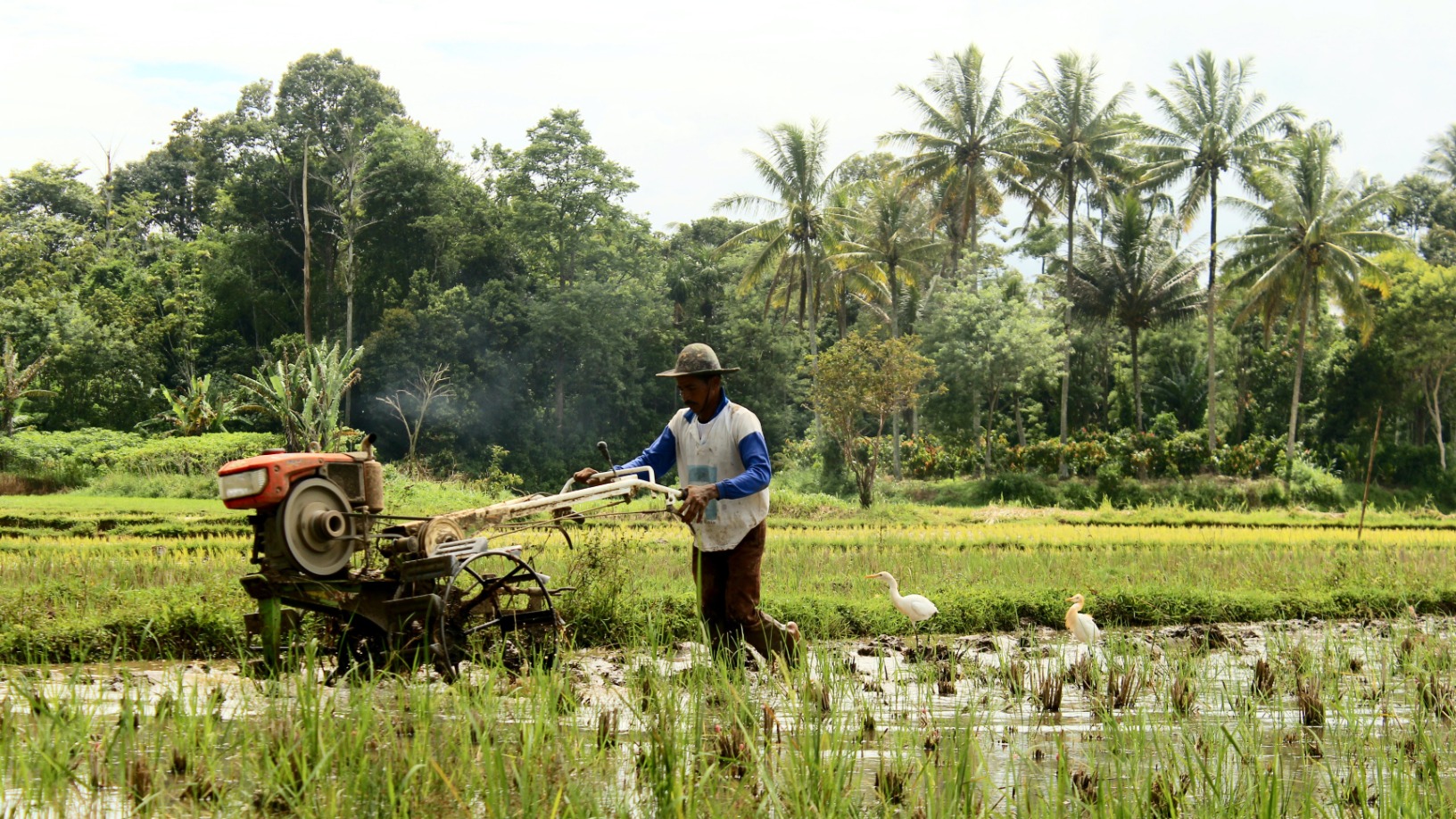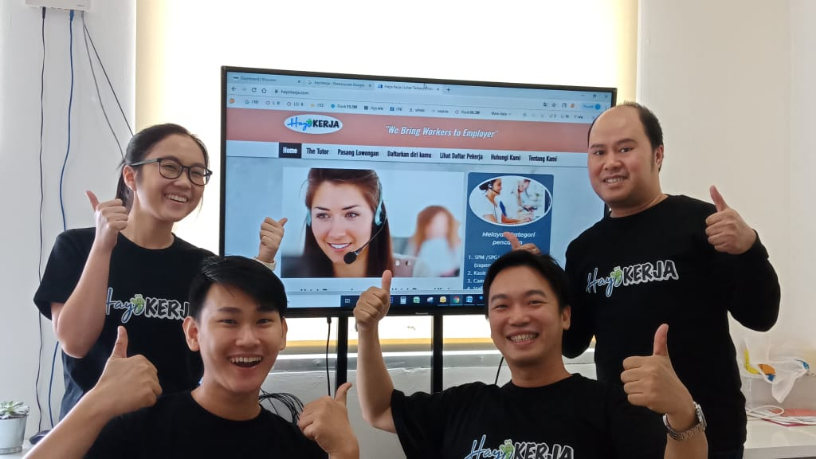On paper, CoolFarm ticked all the boxes for a promising future: it was seeking to revolutionize urban farming through a sustainable, innovative and affordable indoor precision-farming tech solution. In its four years of life from 2014 to 2018, the Portuguese startup's modular, plug-and-play turnkey solutions were presented globally, winning international acclaim and prizes. Yet, by October 2018, its journey had ended in bankruptcy proceedings and almost €1m in debt.
From the outset, CoolFarm seemed primed for success, gaining considerable international publicity and entering two market segments slated for high growth: space-saving vertical farming technology – predicted to increase US$6bn over a decade to US$6.4bn globally by 2023, and soil-free hydroponic cultivation, whose market value is seen soaring to over US$33bn in 2023 at a CAGR of 5.9% from 2018.
Predicted future food shortages due to global warming and overpopulation have guaranteed a receptive audience. Other smart, modular, indoor farming startups have been growing exponentially: just this summer, two such firms, US-based AeroFarms and German Infarm achieved US$100m investment rounds while in 2017, Plenty secured agtech's biggest investment to date with its US$200m Series B round.
Sole investor
The Coimbra-based company was originally conceived as a B2C indoor-farming system for the home that can be controlled remotely by mobile phone. In June 2014, seeing the market potential, the startup pivoted to B2B scalable indoor smart-farming solutions for large retailers, restaurants, hotels and smart communities. Three members of the founding team, civil engineer Liliana Marques, digital marketeer João Igor and entrepreneur Eduardo Esteves had already established one company together, software design company CoolApps, in 2012.
After robotics expert Gonçalo Cabrita joined them, the team secured seed investment totaling €1.5m in CoolFarm's first two years of life. The seed investment came from a single investor, local real estate company Farben Consulting, that held 98% of the company's equity. Prior to Coolfarm's launch, the Portuguese state innovation body, Portugal2020, also pledged grants of €950,000 – a considerable amount by European public funding standards.
By 2016 CoolFarm was gaining attention internationally, winning Israel's global Start Tel Aviv contest. The company's modular growing system, known as CoolFarm in/control, used 90% less water than other growing systems and did not need any chemicals for pest control. Based on the aeroponics technology NASA used in space, CoolFarm in/control offered a compact, precision system for growing fruits and vegetables with minimal human intervention. It combined the features of vertical farms and traditional greenhouses, with pumps and valves supplying water and nutrients in a temperature, humidity and CO2-controlled closed environment.
Consisting of the CoolFarm Eye, CoolFarm Brain, Monitor components, CoolFarm in/control's disruptive, plug-and-play, machine learning-based, remotely controlled technology was connected to the cloud. Its sensors, which measured hydration and Ph, connected to the CoolFarm Eye hardware that measured each individual plant's growth rate and reported its health index. Users could monitor the feedback and take any necessary action in real-time via the CoolFarm Brain dashboard from any online device. This intuitive platform stored all the data received from the Monitor, learning from sensory inputs from the cultivated plants and allowing growers to remotely control any of the farming element, from lighting and pumps to ventilation.
In 2017, the startup secured an agreement that allowed it to use IBM's Softlayer Cloud technology, began commercial sales and released its in/store retail system – a compact and completely-closed system suitable for retail spaces with horizontal and vertical plant trays controlled by an elevator system. Prices started at US$180 per square foot for the system, decreasing with the number of modules installed. At the time, CoolFarm promised an “excellent ROI” with payback on the technology “achieved in less than one year”, if using a 1000-square-foot module.
Global promotion, then shutdown
The accolades continued and a high-profile global marketing drive followed. After the Tel Aviv prize, CoolFarm was awarded Startup of the Year at Microsoft Portugal's Activate Portugal Startups event in 2017. It then launched its in/store product at Las Vegas' Indoor Ag-Con, indoor gardening's premier global event. The same year, CoolFarm participated in Lisbon's WebSummit, Japan's premier agricultural event, AgriWorld Tokyo and ASIA BEAT, a major Asian startup event held in Seoul in 2017.
The company made a concerted effort to commercialize in developed Asian markets as the region's often crowded and numerous megacities are viewed as excellent potential growth markets for vertical and precision farming. Indeed, the CoolFarm in/store product was selected from over 1,500 products globally to participate in K-Startup Grand Challenge 2017, the Korean government's startup accelerator. The following year, South Korean officials from the city of Bucheon visited CoolFarm in Portugal.
CoolFarm went on to win the Iberian Entrepreneur XXI Agrifood prize in March 2018, which was awarded by the Spanish Ministry of Economy, Industry and Competitiveness's innovation body ENISA and bank VC CaixaBank. The following month, the startup participated in its final PR activity as one of six companies selected for food startup disrupter Reimagine Food's stand at Barcelona's food expo, Alimentaria2018.
Less than six months later, CoolFarm shut down with debts of €973,000 owed to 32 different entities. The company ceased trading and payment of salaries stopped in June 2018 with Farben Consulting declaring a cessation of investment in July 2018.
CoolFarm had initially banked on receiving €402,000 from the Portuguese government's Portugal 2020 innovation program. The state investment vehicle said that it had invested a total of €181,000 in CoolFarm – less than promised due to unjustified expenses by CoolFarm; the startup, however, stated that it had received less than €19,000.
The company was restructured in September 2018 but became insolvent a month later. The following month, co-founder Eduardo Esteves began working freelance as a chief creative officer while CoolFarm's Marketing Manager João Igor left in June 2018 to work at another startup, Transformify. The other two co-founders have yet to publicly announce further positions.
Failed buyout, retail trial
Following CoolFarm's demise, mutual recriminations flew between the co-founding team and Farben Consulting's Rui Leitão, who was the startup's sole administrator. Esteves and Cabrita blamed Leitão's “ruinous management”, alleging that he was wholly responsible for company strategy, including sales management and the decision to prioritize the in/store product over the in/control software. This, despite the in/store product not being completely market-ready, and its functionality being dependant on the in/control software. CoolFarm alleged that Leitão insisted on his company, M-TEX, being the sole manufacturer of the in/store product, not allowing them to look for alternative manufacturers.
For his part, Leitão said that he had honored his commitment to invest in CoolFarm until 2018 and had invested “more than he had initially agreed” to. He said the company “didn't become economically viable” and had violated the business plan they had agreed on, including the fact that the in/store product was not as productive as promised. Leitão told media that he lost his entire €1.5m investment when CoolFarm became insolvent.
He alleged that only one in/store unit was sold to a company, Data Solta, at a €60,000 loss, which was, in itself, “a fiasco” because the operation of in/store had to be outsourced to another company's staff, and the productiveness of in/store had been overestimated. He stated that a potential buyer of CoolFarm had been scared off by the Portugal2020 funding discrepancy. Indeed, a planned pilot project of in/store at Portugal's major retailer, Sonae, had to be canceled in July 2017 as there was insufficient funding to employ external staff to set up the in-store project.
From an outsider's point of view, it seems both the co-founding team and investor made several mistakes that, individually, could have proven fatal. Taken in combination, these mistakes made failure seem inevitable, especially in Europe with its lower monetary amounts for early-stage funding and earlier drive for sales than US startups. CoolFarm's failure looks starker when compared to the success of German indoor vertical-farming startup Infarm.
Blame all round
It seemed naive of the co-founders' to rely on a sole investor, Farben Consulting, instead of diversifying its funding sources and using a VC with experience in scaling businesses. Ultimately, this lack of diversification was the underlying cause of CoolFarm's cited reasons for its failure, such as lack of liquidity, inability to seek a manufacturer and lack of resources to carry out a potentially game-changing store demonstration.
Portuguese authorities alleged that the startup's co-founders failed to accurately cost their funding requests. Further allegations of problems with timing and product quality during the rollout of both in/store and in/control products cost CoolFarm its credibility. In addition, the team failed to push back against Farben's alleged pressure to push incomplete products out to the market.
Farben's attempt to seek sales quickly with an incomplete product and inability to secure sales of in/control, or even to test the market before embarking on expensive global promotion of in/store, looked reckless. The in/control software product seemed far easier to scale as compared to the in/store product, which required a large amount of physical space to retail, demonstrate and produce in a factory. Farben's potential culpability as sole administrator and alleged sales manager, with its inexperience in scaling startups, looked fatally flawed. As the product was also allegedly less productive than promised, CoolFarm's challenges looked insurmountable in the short-term and the startup, doomed to failure prior to full-scale commercialization.












